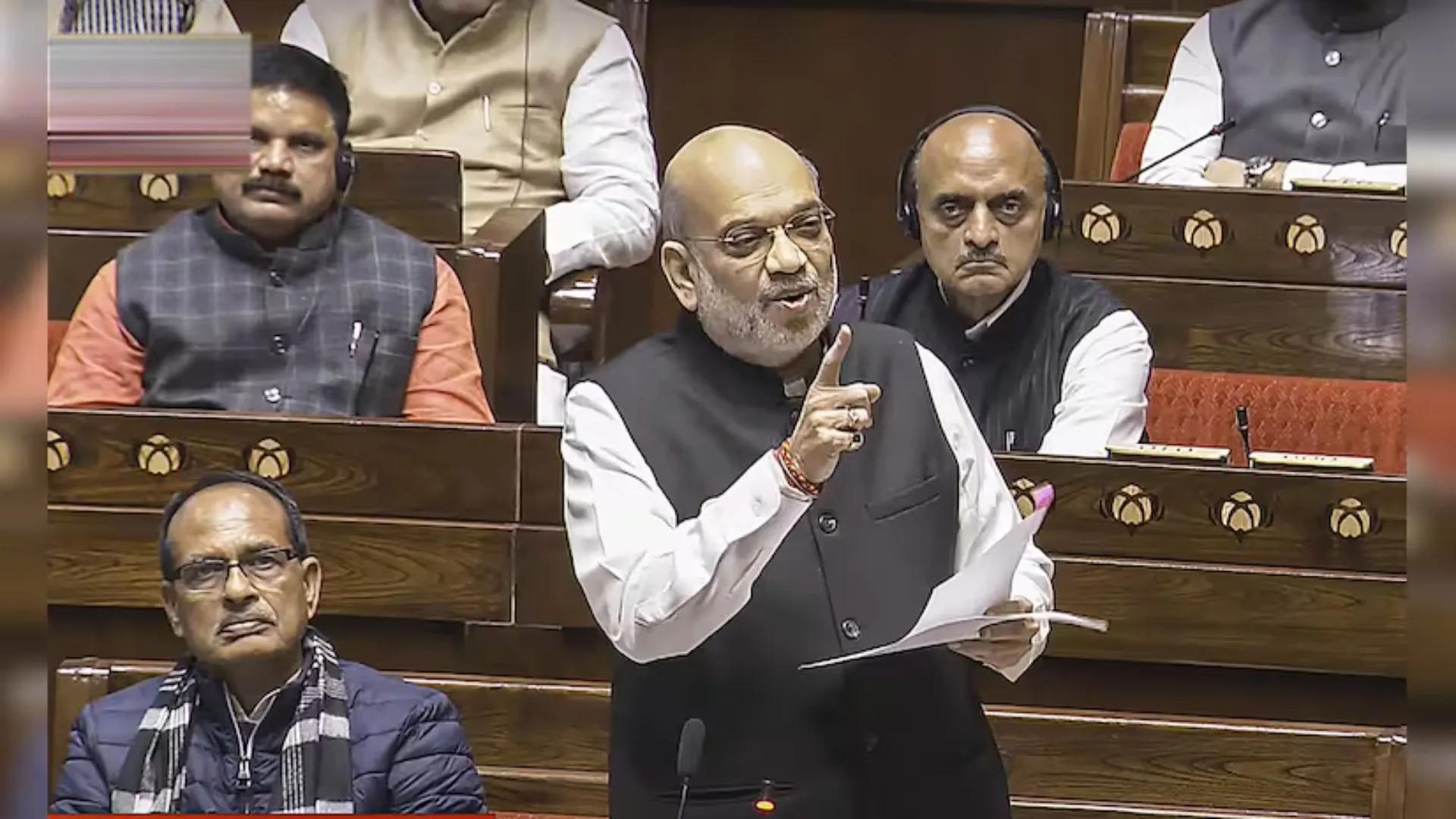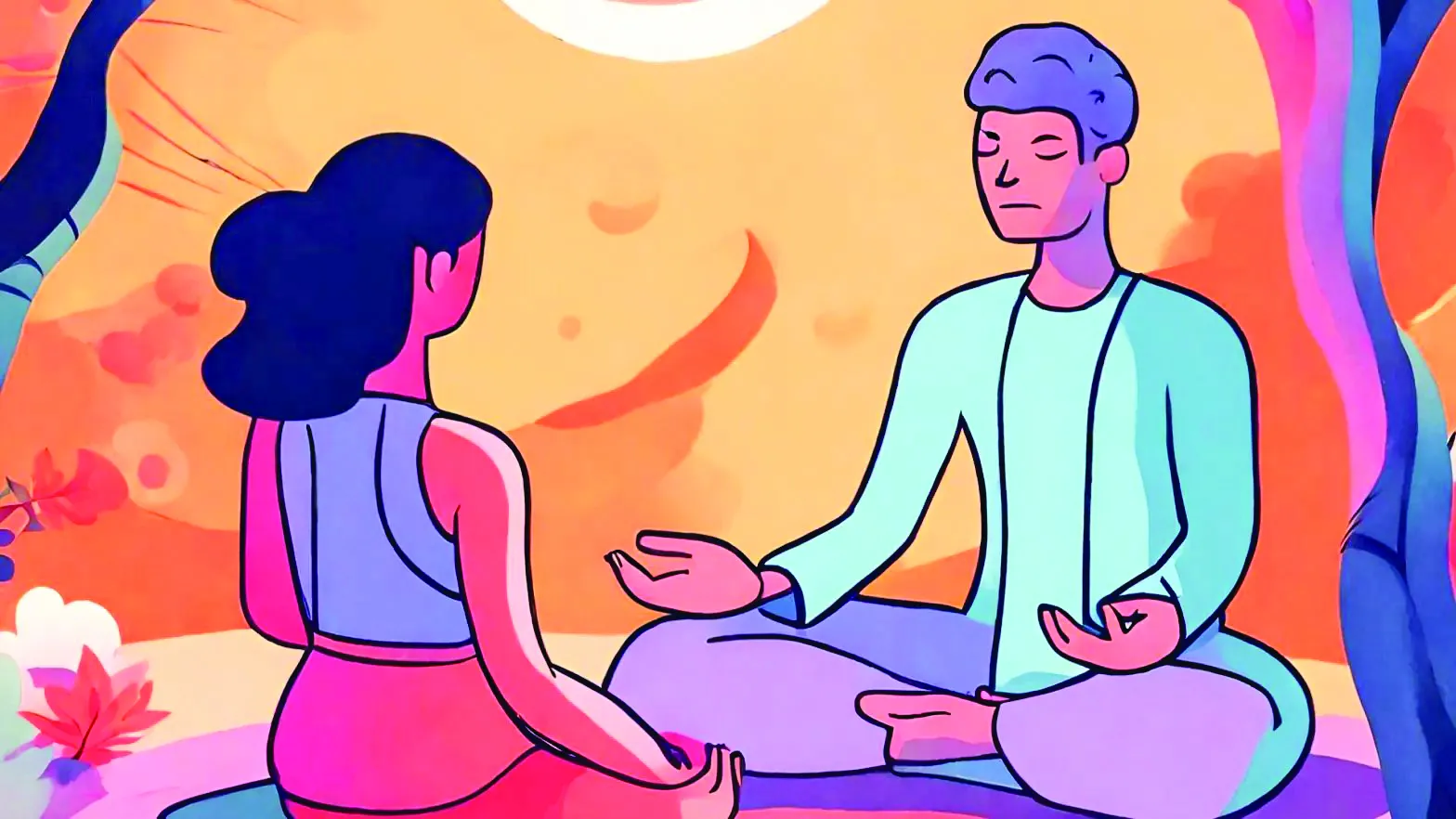Doctors are often seen as life-savers within the confines of a well-run medical facility, saving thousands of lives daily. However, there are some occasions when their skills are called upon in unexpected settings. Such is the case of Dr Richie Gupta, HOD and Senior Director, Department of Plastic, Cosmetic & Reconstructive Surgery, Fortis Hospital Shalimar Bagh, who went beyond the call of duty to provide critical care to a fellow passenger. While flying to United Kingdom he provided treatment to a 65-year-old male, who was suffering from acute urinary retention, a condition in which one is unable to empty any urine from one’s bladder and consequently faces a lot of discomfort.
Barely a few hours into the flight, Dr Richie Gupta noticed an elderly passenger frequently using the washroom, appearing to be in severe discomfort. Recognizing the potential for a medical issue, Dr Gupta informed the air hostess, that he was a doctor, and offered to help if he could be informed about the medical condition of the patient. The air hostess informed him that the passenger was suffering from urinary retention, and they had given him dry ice to apply, in an attempt to relieve the situation. Half hour later, he still wasn’t able to pass urine and his discomfort had worsened. At that point, the air hostess and co-pilot approached Dr Gupta, requesting his medical assistance, as they were considering returning or diverting the flight.
Dr Gupta immediately volunteered to help, and the passenger was taken to the rear pantry area of the plane, where he was made to lie down. Dr Gupta examined the man found that the passenger was experiencing acute urinary retention and had a bulging bladder with redness in the area. The passenger informed Dr Gupta that prior to this day, he did not have any history of urinary issues or co-morbidities such as diabetes or hypertension. However, he had visited the airport dispensary this morning due to urinary retention and had required catheterization at that time. Given the condition, doctor decided to conduct urinary catheterization to relieve the man. He examined the available medical kits on the flight and found a couple of sterile plain urinary catheters, xylocaine jelly (a local anesthetic gel), syringes and gloves. With these limited available resources, Dr Gupta successfully catheterized the patient and drained around 800mls of urine. With this, the patient was considerably relieved of discomfort and his bulging bladder also reduced.
Giving details of the incident, Dr Richie Gupta, HOD and Senior Director, Department of Plastic, Cosmetic & Reconstructive Surgery, Fortis Hospital Shalimar Bagh said , “Urinary retention usually happens in elderly males, often due to an enlarged prostate. When I noticed my fellow passenger in discomfort, I extended help. With the limited available resources on the flight, I cleaned the tip of the man’s penis, inserted xylocaine jelly via urethra (urinary tract) into the bladder and used a sterile catheter to drain out urine. The available catheter was a simple urinary catheter and not a self-retaining one like a Foley’s catheter, which has a small inflatable balloon and can be left in place. Therefore, I had to manually hold the catheter in place for around half an hour to drain around 800ml of urine, after which, the catheter was removed. If the man was not treated on time, complications such as urinary tract infection, bladder damage, kidney damage etc. could have happened, leading to kidney failure and other lasting morbidities.”














